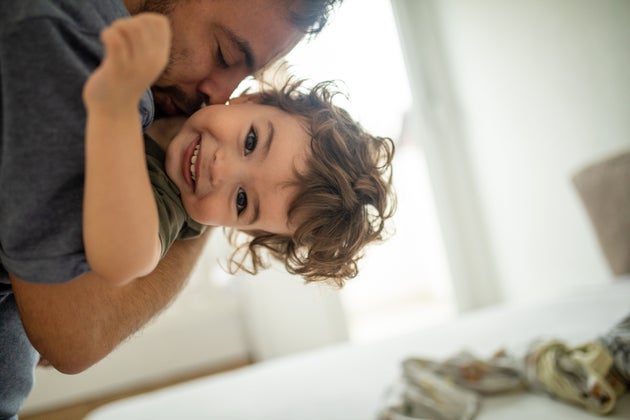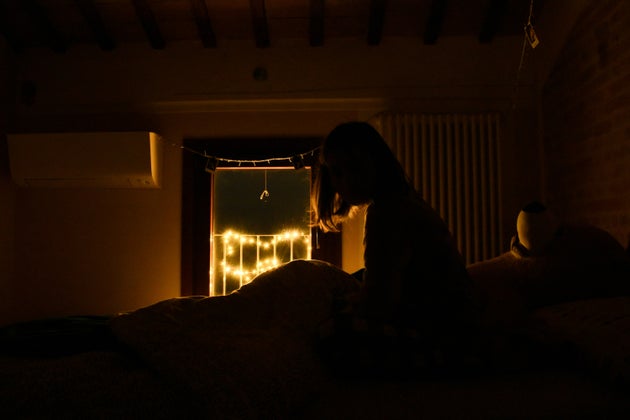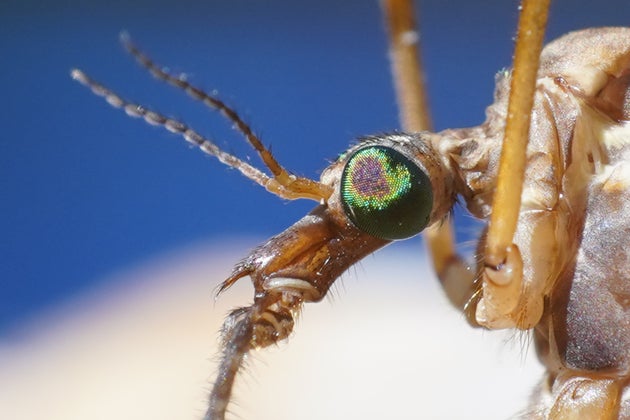The Surprising Way Men's Brains Change After They Become Parents

<script>!function(n){if(!window.cnx){window.cnx={},window.cnx.cmd=[];var t=n.createElement('iframe');t.display='none',t.onload=function(){var n=t.contentWindow.document,c=n.createElement('script');c.src='//cd.connatix.com/connatix.player.js',c.setAttribute('async','1'),c.setAttribute('type','text/javascript'),n.body.appendChild(c)},n.head.appendChild(t)}}(document);</script><script id="68da8072e4b038b66c95d2a4">(new Image()).src = 'https://capi.connatix.com/tr/si?token=ff7fdddc-5441-4253-abc4-f12a33fad58b';cnx.cmd.push(function(){cnx({"playerId":"ff7fdddc-5441-4253-abc4-f12a33fad58b","mediaId":"86746c85-9a09-4290-8f33-66240d48f55d"}).render("68da8072e4b038b66c95d2a4");});</script><div class="content-list-component text"><p>Dad jokes, dad bod, dad... brain?</p><p>A new study adds to a growing body of evidence that birth mothers aren’t the only ones who undergo neurological developments after a child’s arrival.</p><p>Dads’ brains change too – and it appears that these changes have an impact on their sleep and mental health.</p><p>Curtis Davis, a university professor, is the father of toddler twins who were born during the pandemic. He told HuffPost that the work of caring for them has been intense. </p><p>“[My wife and I] have careers, too, that could be demanding,” he said. “If there’s a gender norm or gender expectation, I kind of threw it out the window.”</p><p>When it comes to allocating the work of parenting, “it’s really about whoever gets to it,” Davis said. “If I recognise there’s something that needs to be handled, I just jump in.”</p><p>Davis does feel the weight of all this responsibility, both on his psyche and his sleep patterns. His job provides the children’s health coverage, and “there’s d
Read original
Huffington Post






